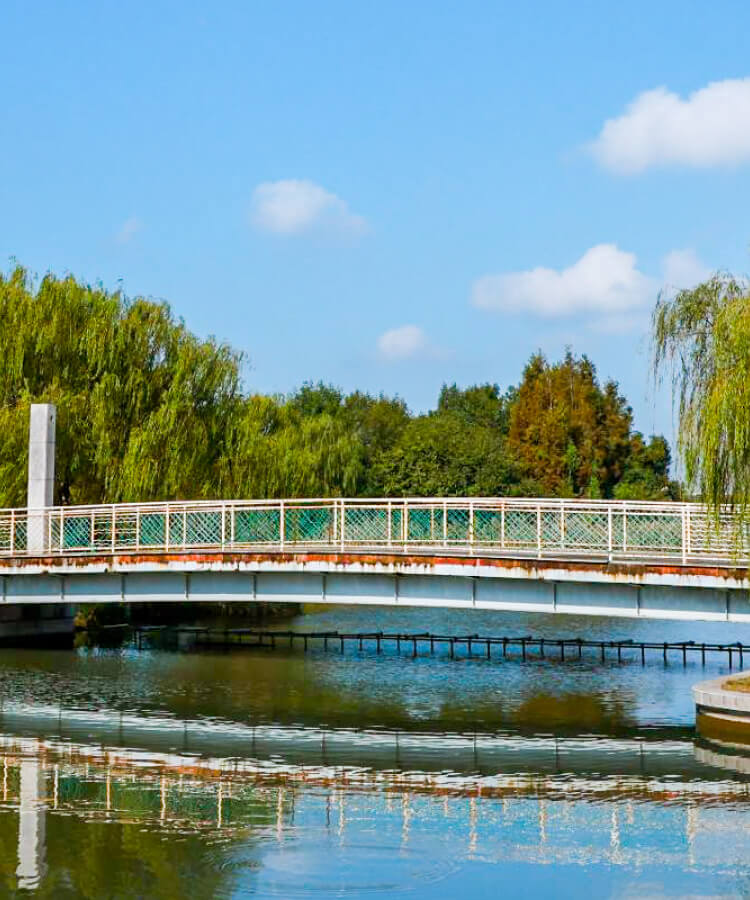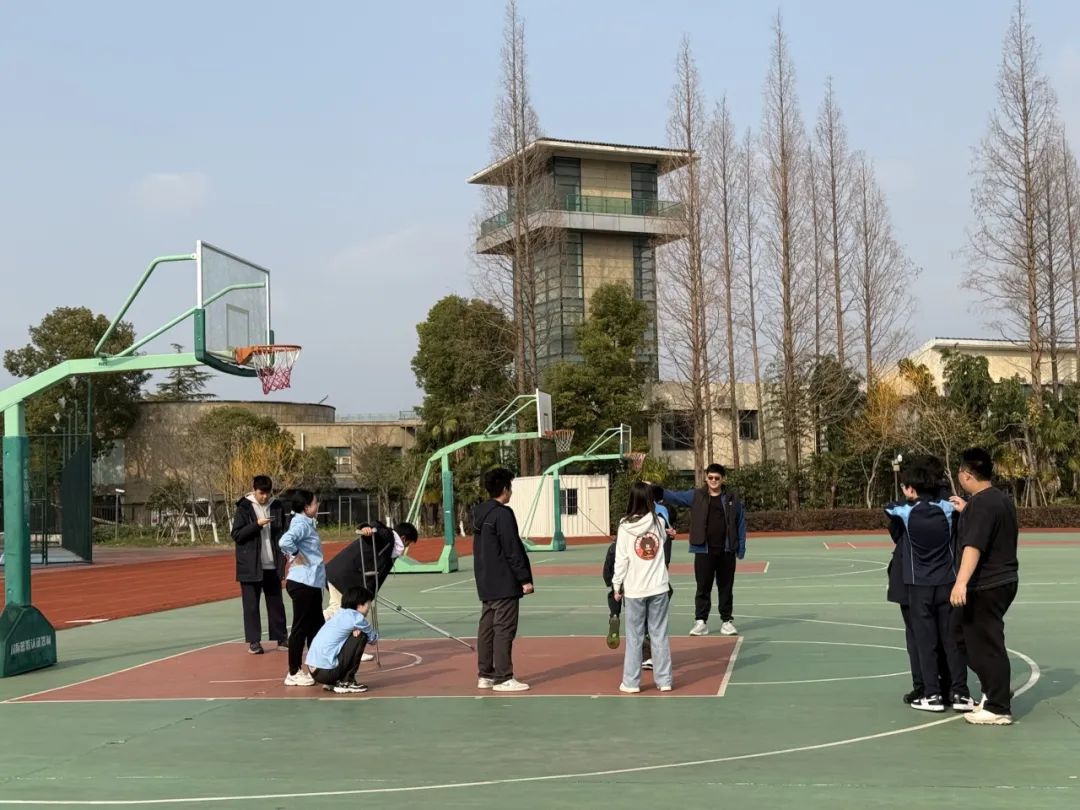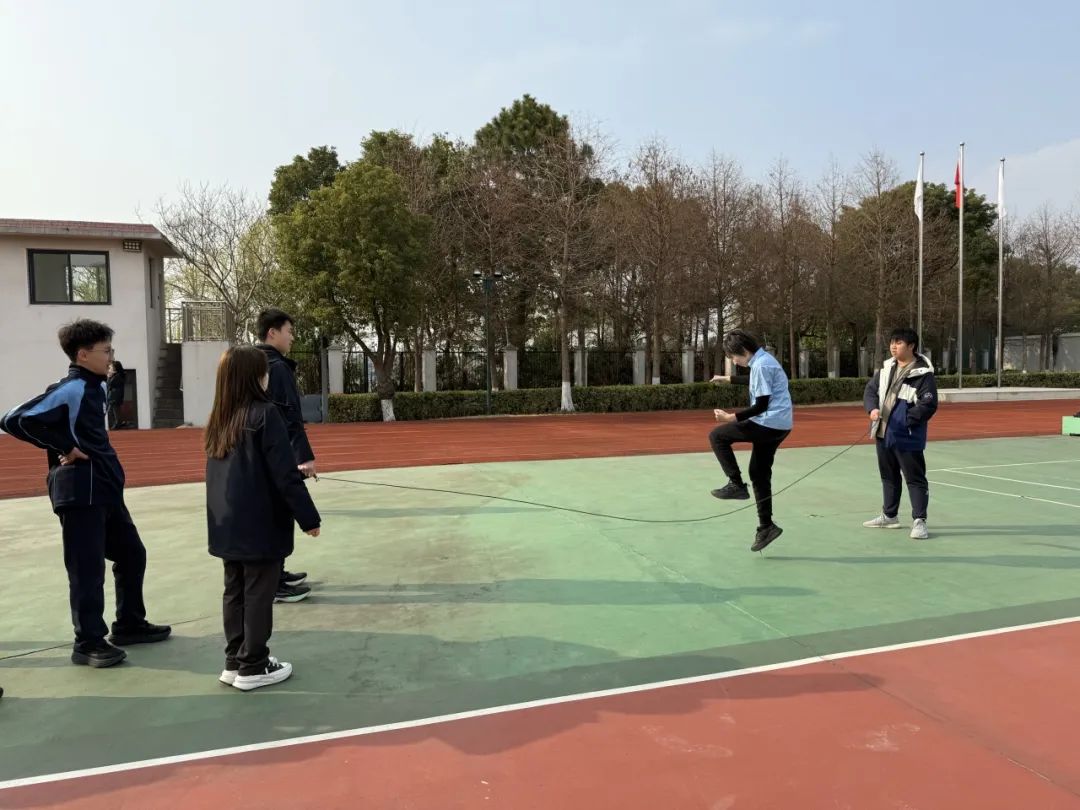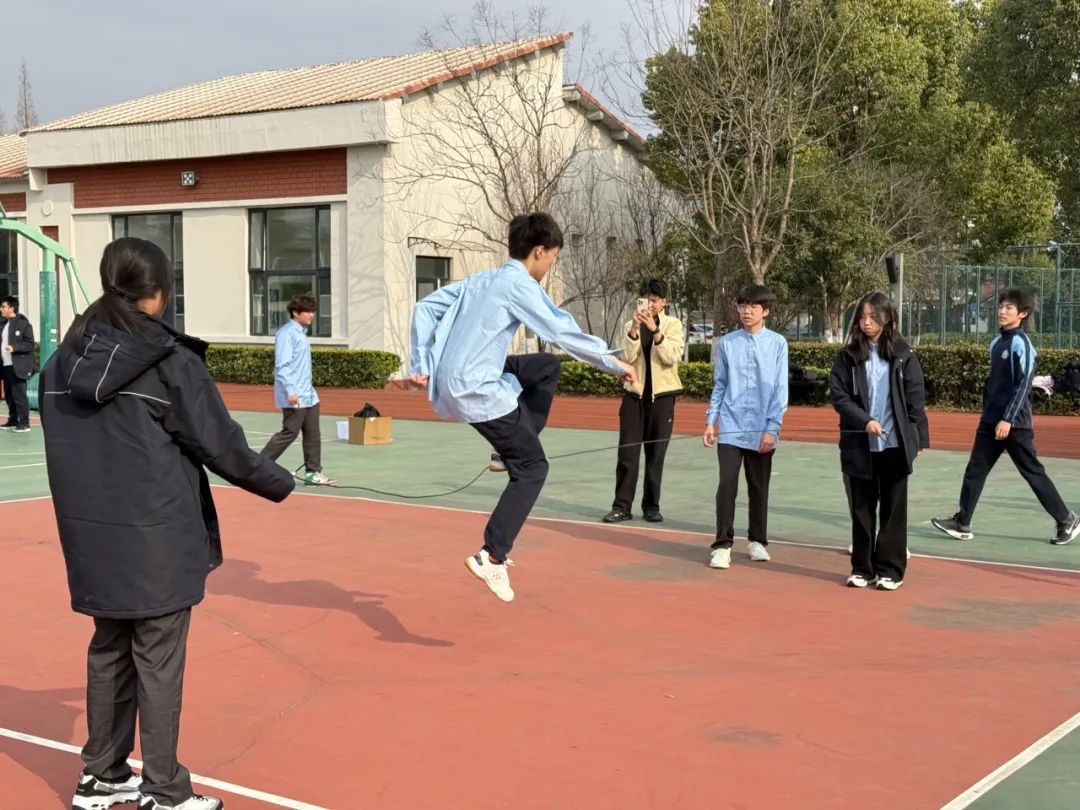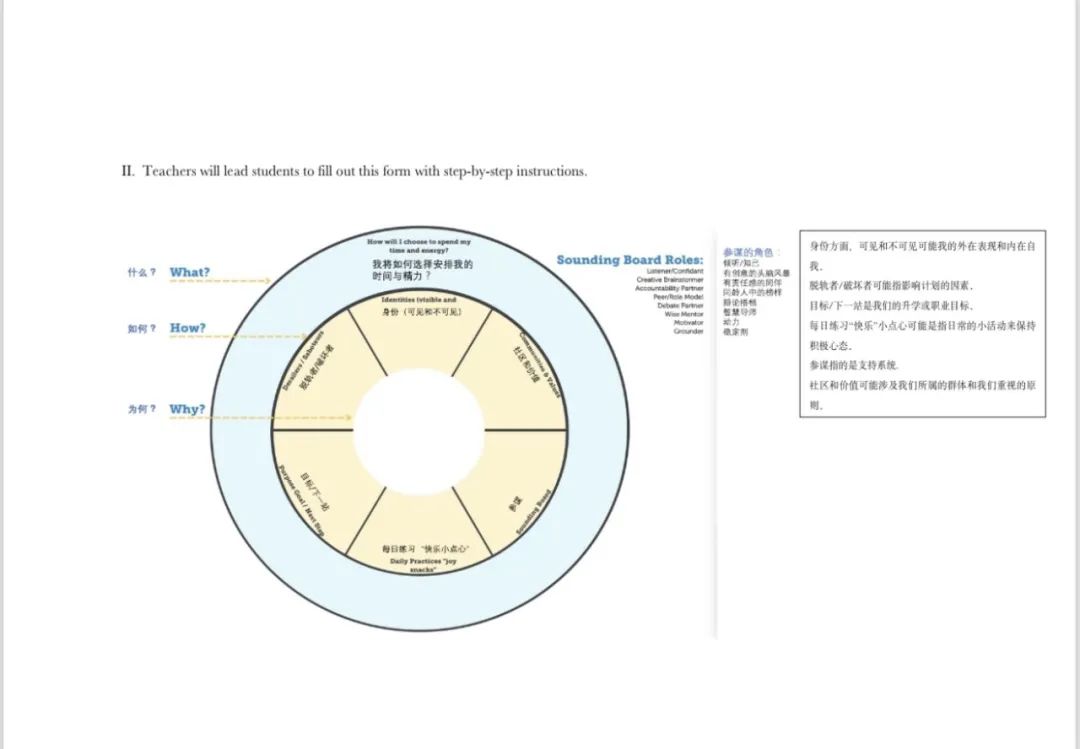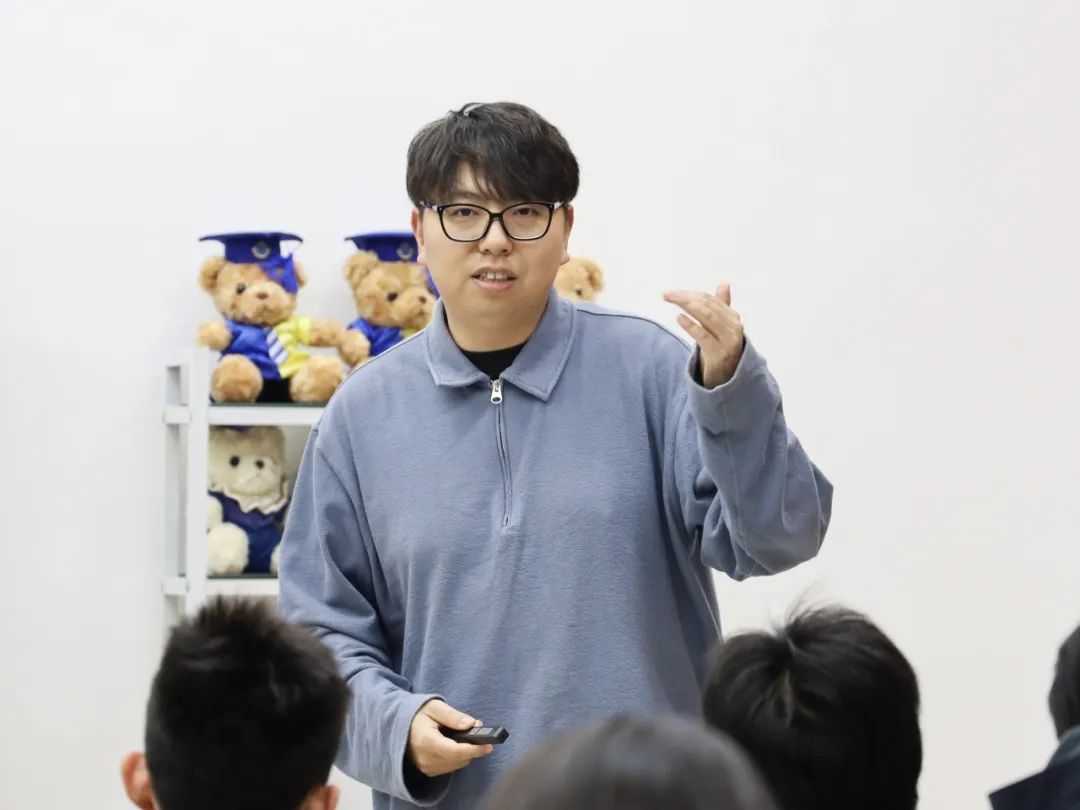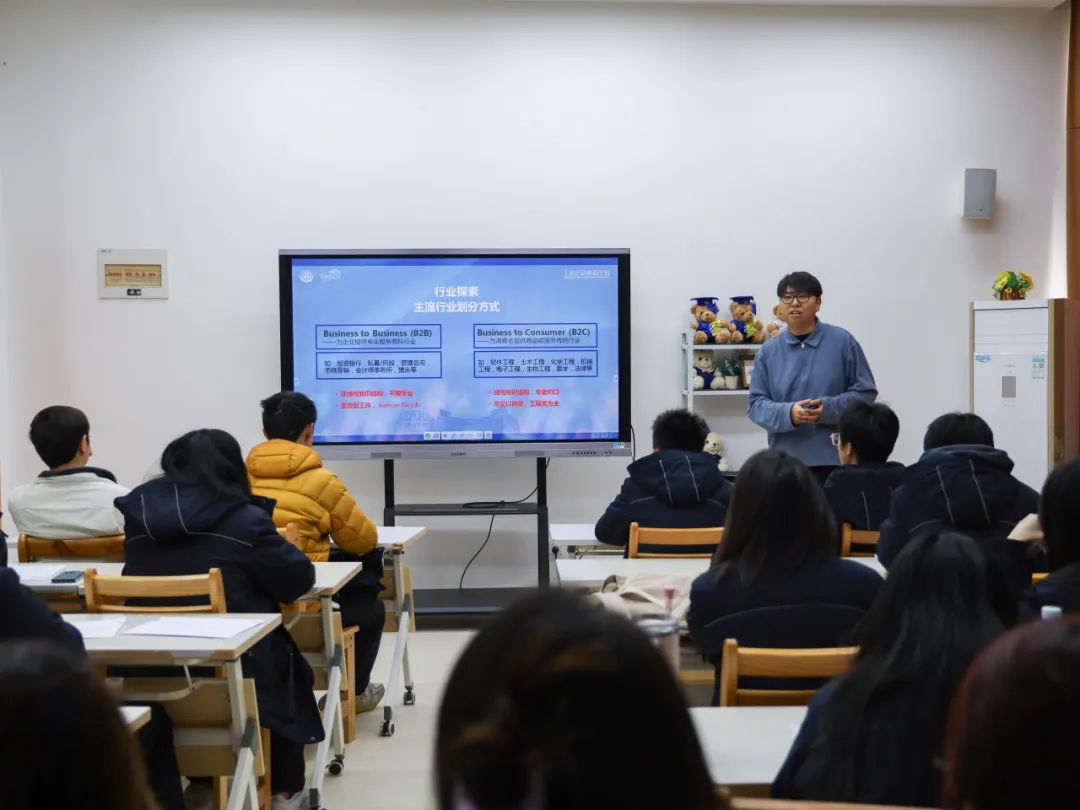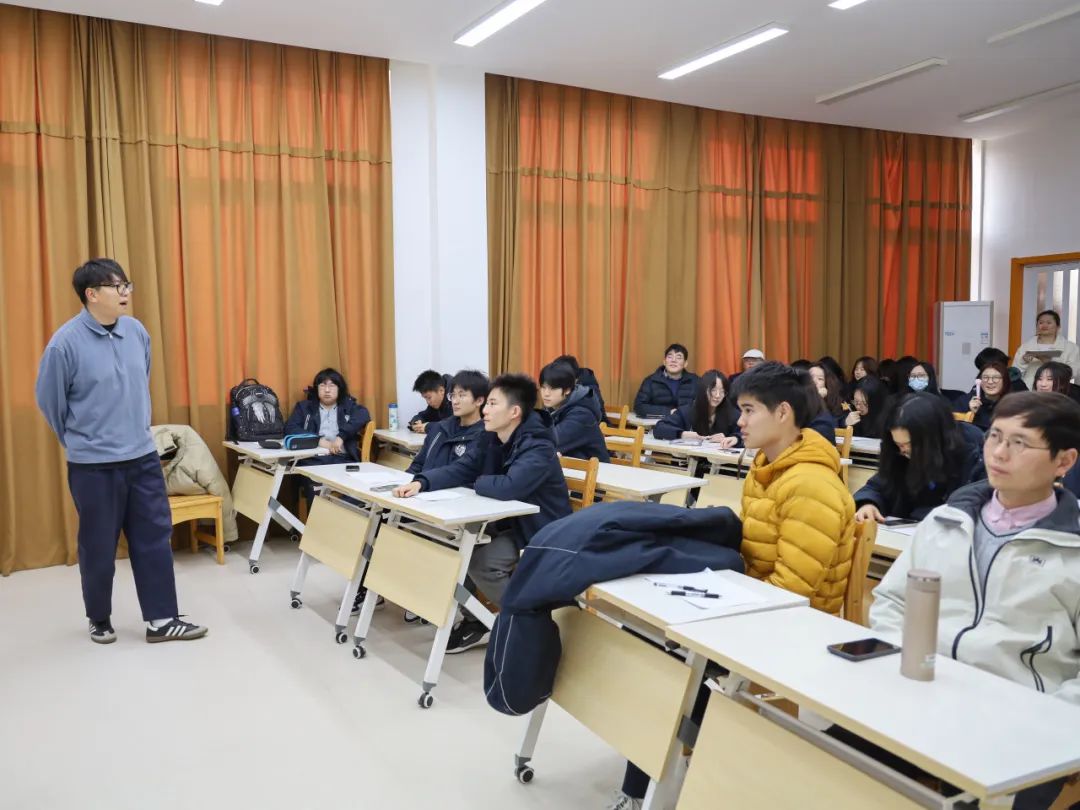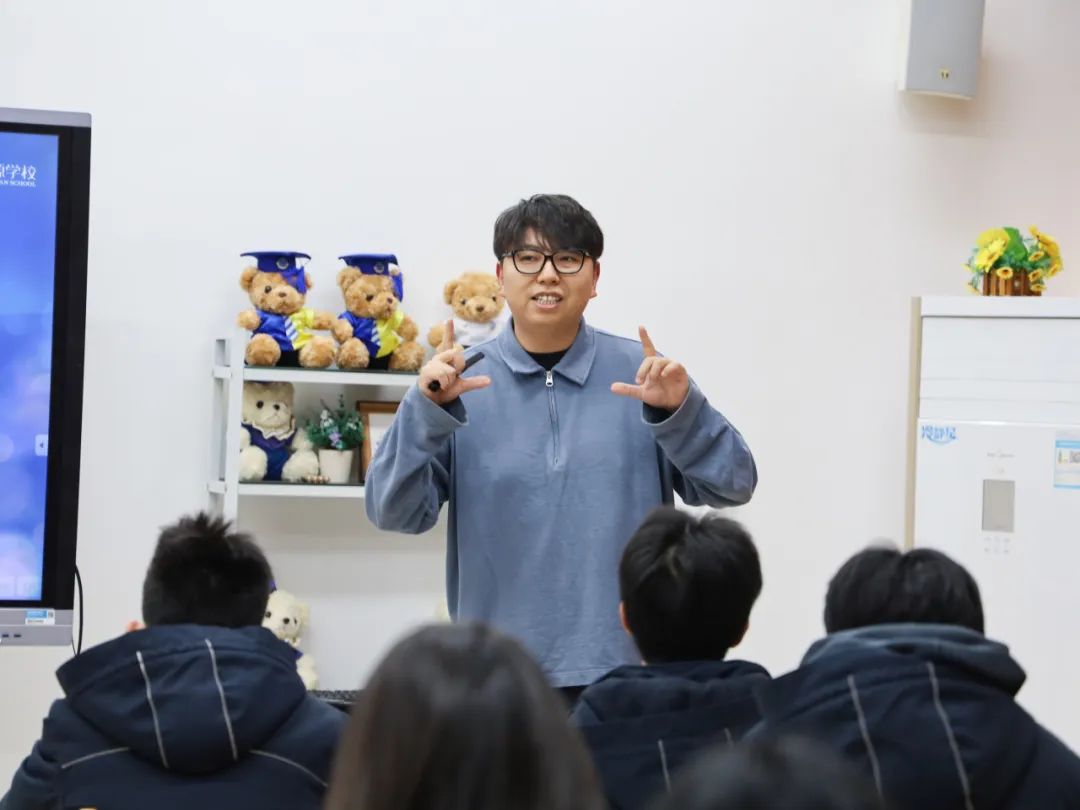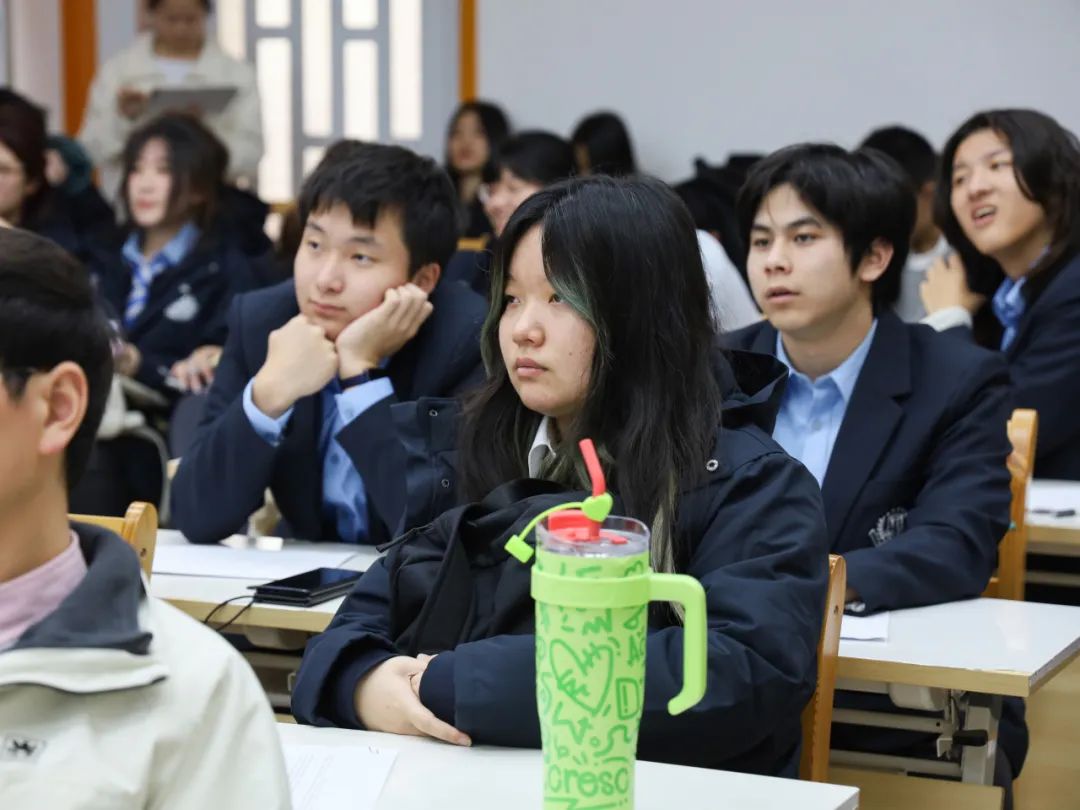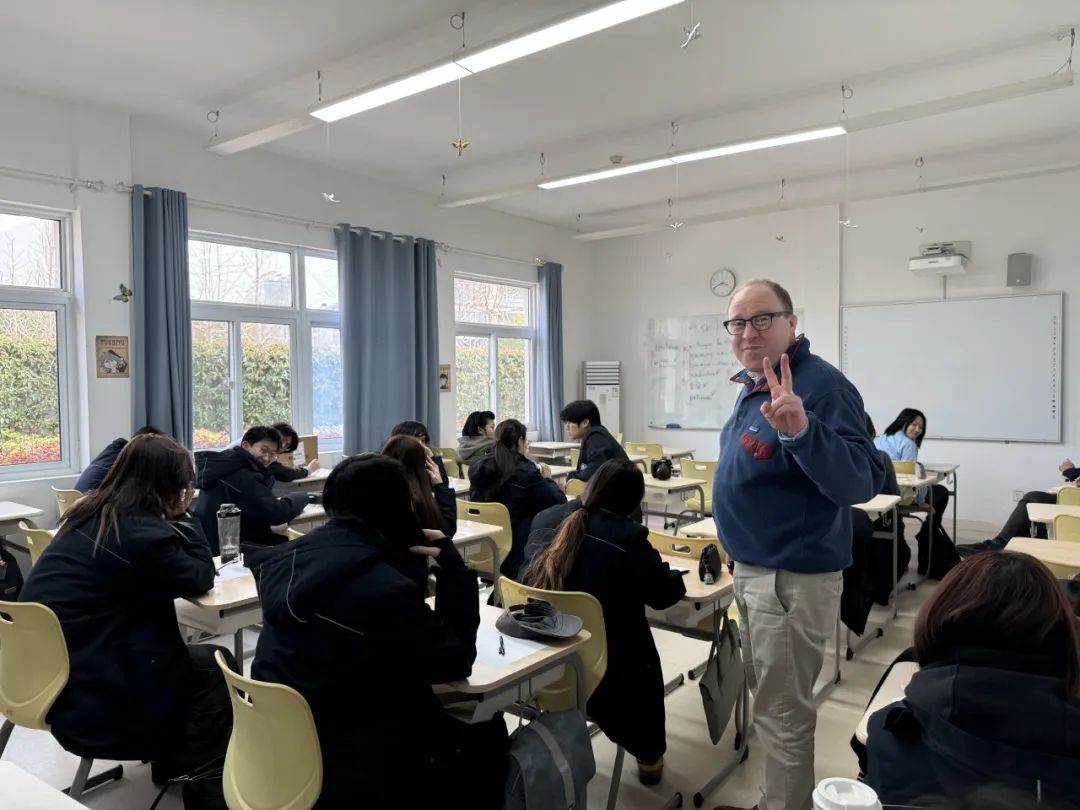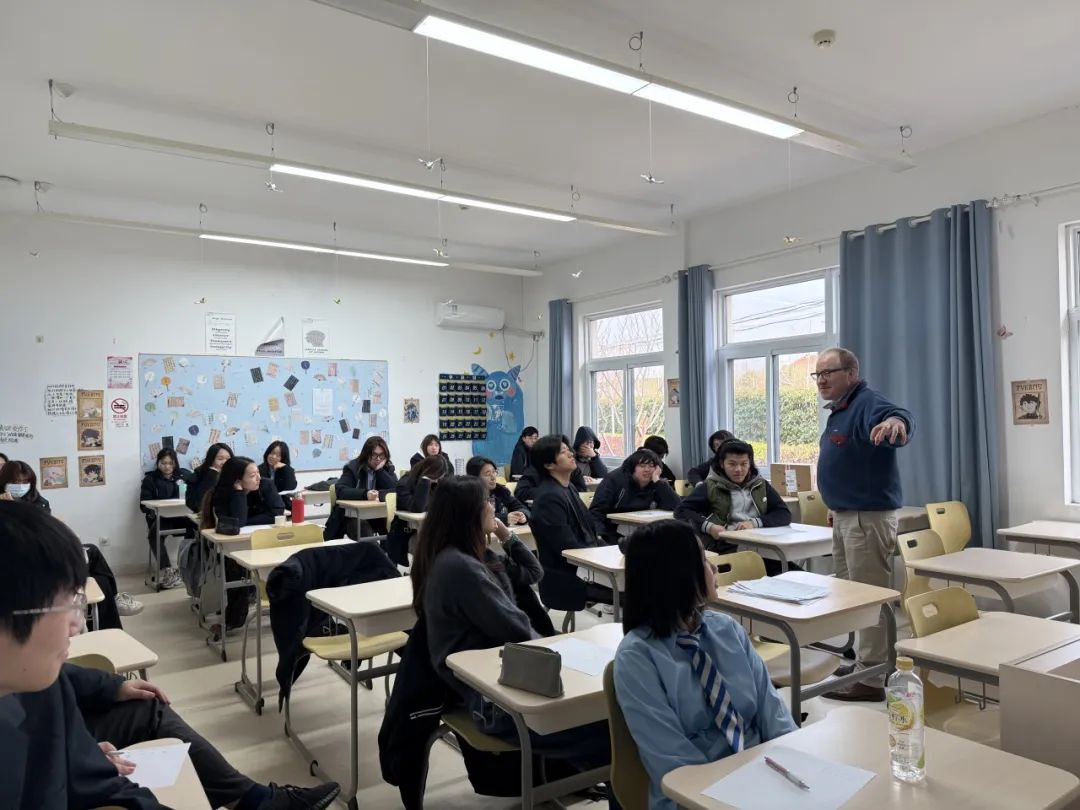In 11th grade, we introduced tools designed to facilitate self-assessment and work habit analysis, helping students prepare for future college applications and career paths. These tools focus not only on academic interests but also on students’ working styles, teamwork abilities, and stress management skills.
The activity revolved around “Understanding My Work Style.” Students were divided into groups, each led by a group leader/coordinator, and worked together to complete a series of work habit and preference surveys. At the core of this activity was a detailed questionnaire, covering the following aspects:
First, work environment preferences. Students reflected on whether they perform better working independently or thrive more in group settings. For example, “I focus better when writing an essay alone, but I prefer brainstorming in a group for science projects.”
Next, task approach. Students evaluated whether they prefer to start with open-ended questions or follow a structured step-by-step guide. For instance, “In math homework, I get confused without clear steps, but in creative writing, I enjoy working freely.”
Then, peak productivity periods. Students identified whether they are most efficient in the morning, afternoon, or evening.
After that, communication styles. They considered how they best express ideas—through writing (emails/chats), one-on-one conversations, or group discussions.
Finally, distractions. Students pinpointed what disrupts their focus the most—noise, social media, unclear goals, or time pressure. For example, “When studying, TikTok notifications seriously affect my concentration.”
After completing the survey, students shared their responses in groups and engaged in in-depth discussions. Teachers guided them in filling out their worksheets and encouraged self-reflection.
In addition to the questionnaire, students filled out forms about their preferred extracurricular activities, daily hobbies, and favorite academic subjects. Before doing so, teachers encouraged them to relax and think deeply, emphasizing that this was not a career aptitude test but a way to gain deeper insights into their interests, strengths, and potential career connections.
This activity gave 11th-grade students a clearer understanding of their work habits, learning preferences, and personal interests. These self-awareness skills not only help them navigate high school life more effectively but also lay a solid foundation for college applications and career decisions. Through continuous self-exploration and reflection, students will be able to move toward their future with confidence and clarity.
(Africa Zhang G11)

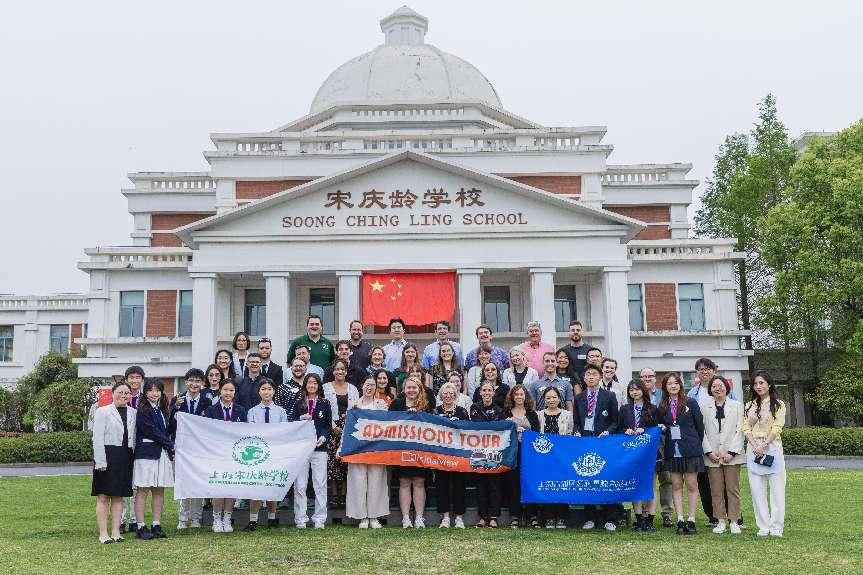 Over 30 Universities, an Exceptional Lineup, and Current Admissions Officers — SHBS and SCLS Join Hands with InitialView for the 2025 Spring University Fair Tour2025-04-18
Over 30 Universities, an Exceptional Lineup, and Current Admissions Officers — SHBS and SCLS Join Hands with InitialView for the 2025 Spring University Fair Tour2025-04-18
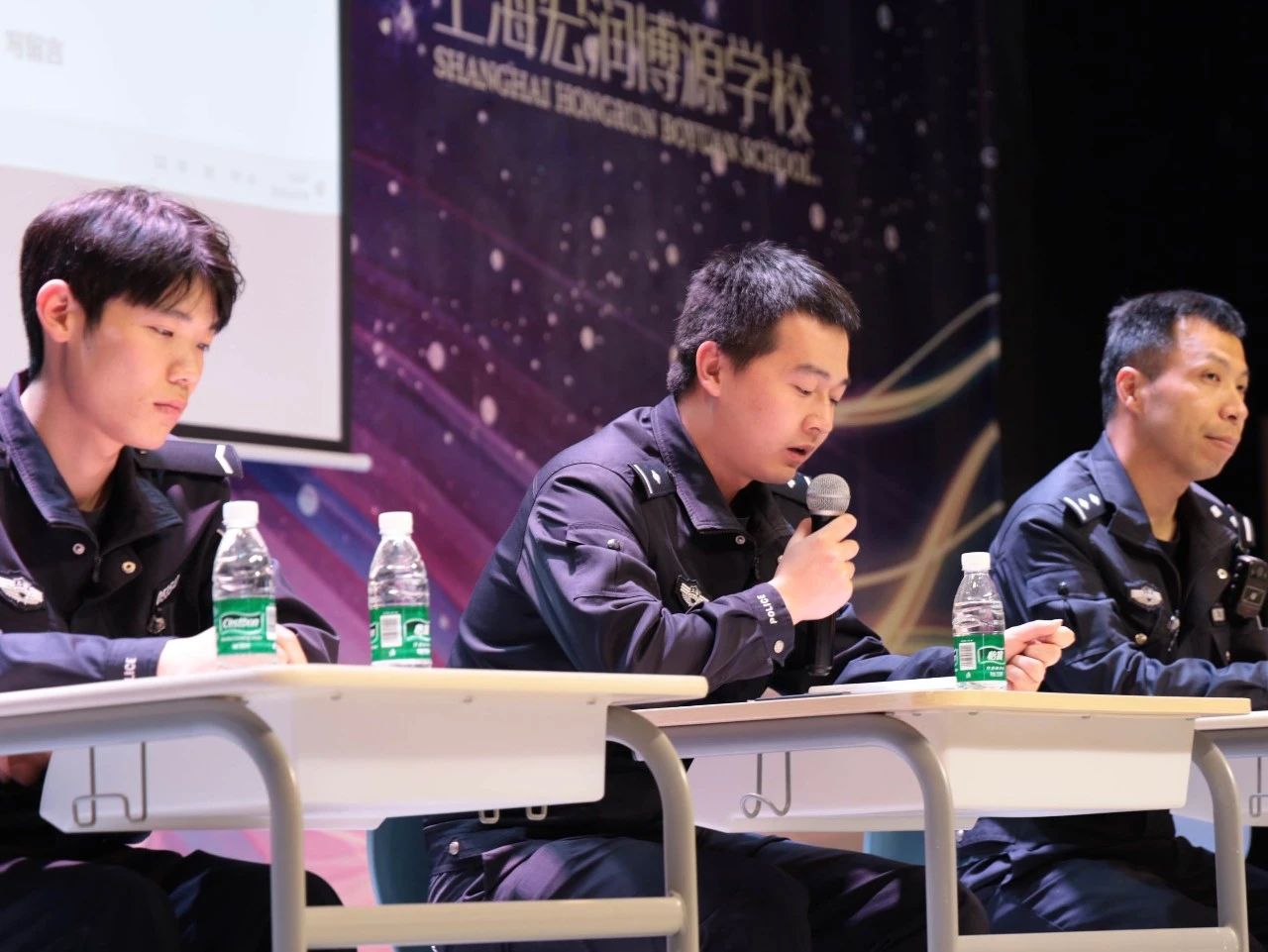 SHBS Event | Prevent Fires Before They Start, Celebrate Youth Through Sports — SHBS Safety Education & Sports Day Warm-Up2025-04-14
SHBS Event | Prevent Fires Before They Start, Celebrate Youth Through Sports — SHBS Safety Education & Sports Day Warm-Up2025-04-14
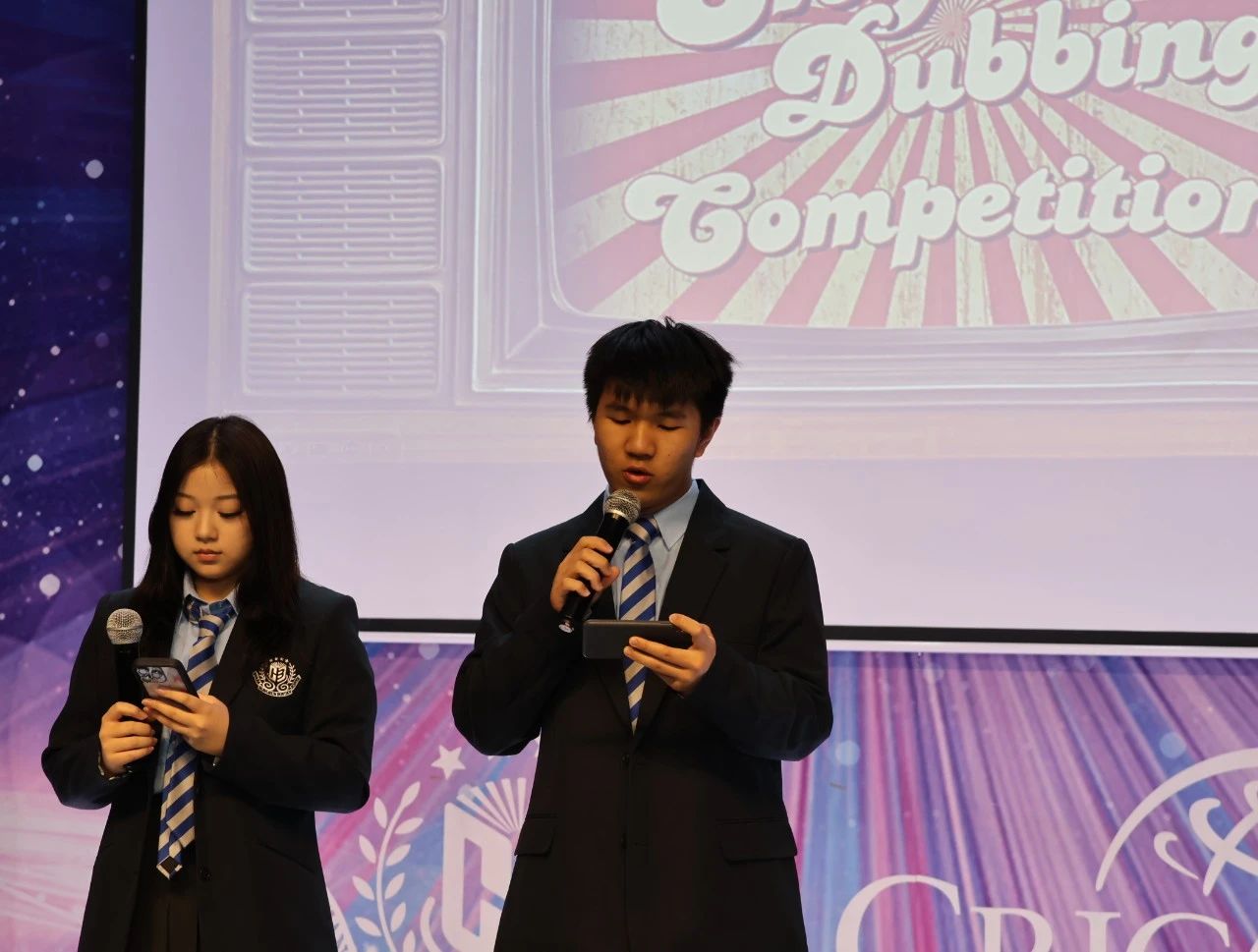 SHBS Event | English Dubbing Contest — Shaping Characters with Voices, Building a Universe of Sound Together2025-04-07
SHBS Event | English Dubbing Contest — Shaping Characters with Voices, Building a Universe of Sound Together2025-04-07





